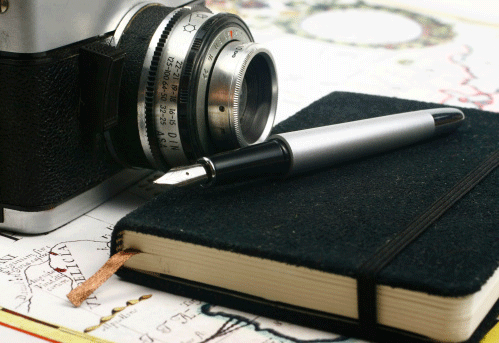
THE ZIMBABWE Lawyers for Human Rights (ZLHR) yesterday said local journalists had no reason to celebrate World Press Freedom Day as they continued to operate under difficult conditions coupled with persecution from both State and non-State actors.
BY SILAS NKALA
In a statement to mark the World Press Freedom Day, ZLHR said it was disturbing to note that the local media was still subjected to unnecessary persecution.
“While other media practitioners and global citizens celebrate the strides made in their countries towards attaining and enjoying media freedom, it is lamentable that Zimbabwean journalists and ordinary citizens have little to cheer as they continue to suffer persecution by the State and non-State actors, who routinely use a raft of legislation to charge them and suppress criticism,” said ZLHR.
The World Press Freedom Day is this year being commemorated under the theme: Let Journalism Thrive! Towards Better Reporting, Gender Equality and Media Safety in the Digital Age.
ZLHR said the day was an opportunity to assess the state of media freedom, celebrate the fundamental principles of media freedom, defend the media from attacks on their independence and pay tribute to journalists who labour frequently to enhance access to information.
“It is distressing to note that in Zimbabwe, World Press Freedom Day is being marked at a time when freelance journalist and pro-democracy activist Itai Dzamara’s whereabouts are unknown,” said ZLHR.
“Dzamara, who disappeared on March 9 2015, has been missing for close to two months now. It is quite clear that those who abducted Dzamara are people who are less willing to tolerate dissent. How can democracy thrive when citizens such as Dzamara can just disappear in broad daylight and remain unaccounted for.”
- Chamisa under fire over US$120K donation
- Mavhunga puts DeMbare into Chibuku quarterfinals
- Pension funds bet on Cabora Bassa oilfields
- Councils defy govt fire tender directive
Keep Reading
ZLHR said the Zimbabwe Republic Police continued to trample on journalists’ rights through subjecting them to arrests on flimsy charges and assaulting them for merely exercising their professional duties.
“We find it strange and questionable that the police continue to arrest and persecute citizens for allegedly violating insult laws even though the Constitutional Court has already made judicial pronouncements against abuse of such laws and even warned State prosecutors against bringing flimsy cases to court,” said ZLHR.
The rights group said it was concerned over Zimbabwean authorities continued use of defamation laws that had no place in a modern democracy to muzzle free speech.
ZLHR said it was a proper step for the government and the people to abandon the defamation laws and engage the Voluntary Media Council of Zimbabwe, a body which can resolve any complaints without instituting uncalled for criminal charges against media practitioners.
It said the failure by the government to bring a Bill repealing the Criminal Law (Codification and Reform) Act or one that does away with the provisions of the Access to Information and Protection of Privacy Act which violate the Constitution had proven its insincerity to implement media reforms.
“It is regrettable that some newspapers and electronic media continue to be used to further partisan political agendas and to attack some perceived enemies and human rights defenders with continued impunity at the expense of providing accurate, balanced, fair and ethical news and information, while worrying allegations of corruption and other vices are yet to be properly interrogated,” said ZLHR.
The group said the government must ensure that media rights are upheld and guaranteed before urging the State to ascertain the whereabouts of Dzamara and calling for investigations on issues surrounding his abduction.
It called for the alignment of media laws to the new Constitution and repeal of laws which infringed on media and journalists freedoms.










